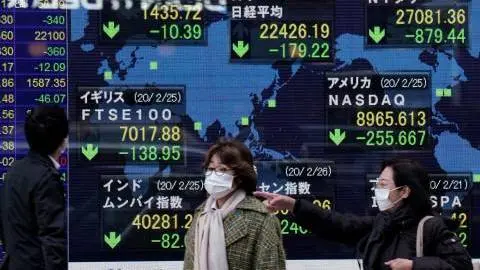VoxEU: Economic policy responses to a pandemic: Developing the COVID-19 Economic Stimulus Index
Governments around the world adopted different measures in fighting the Covid-19 pandemic. The economic stimulus is more pronounced in richer countries and where the median age is higher and the number of hospital beds per capita is lower, write Ceyhun Elgin, Gokce Basbug, Abdullah Yalaman for VoxEU
Countries adopted different policy measures
The COVID-19 outbreak emerged in Wuhan, China in December of 2019 and still persists globally. In addition to human suffering and loss of lives, the outbreak has generated a major global economic downturn. The world’s largest economies (the G7 and China) are among those that have been most affected by the pandemic (Baldwin and Weder DiMauro 2020). To mitigate the negative effects of public health controls on the economy and to sustain public welfare, governments have adopted economic packages including fiscal, monetary, and financial policy measures (Gourinchas 2020). These economic measures targeting households, firms, health systems and banks vary across countries in breadth and scope (Weder di Mauro 2020).
A key quote:
We find that in countries where the median age is higher (which is highly relevant in the case of the COVID-19, as it disproportionally affects older patients), the number of hospital beds per-capita is lower and GDP per-capita is higher, the stimulus is more pronounced.
Fiscal stimulus (% of GDP) and GDP per capita

This publication has been prepared by ING solely for information purposes irrespective of a particular user's means, financial situation or investment objectives. The information does not constitute investment recommendation, and nor is it investment, legal or tax advice or an offer or solicitation to purchase or sell any financial instrument. Read more
Download
Download opinion
13 May 2020
New Horizons Hub: Negative interest rates for the post-crisis recovery? This bundle contains 4 Articles